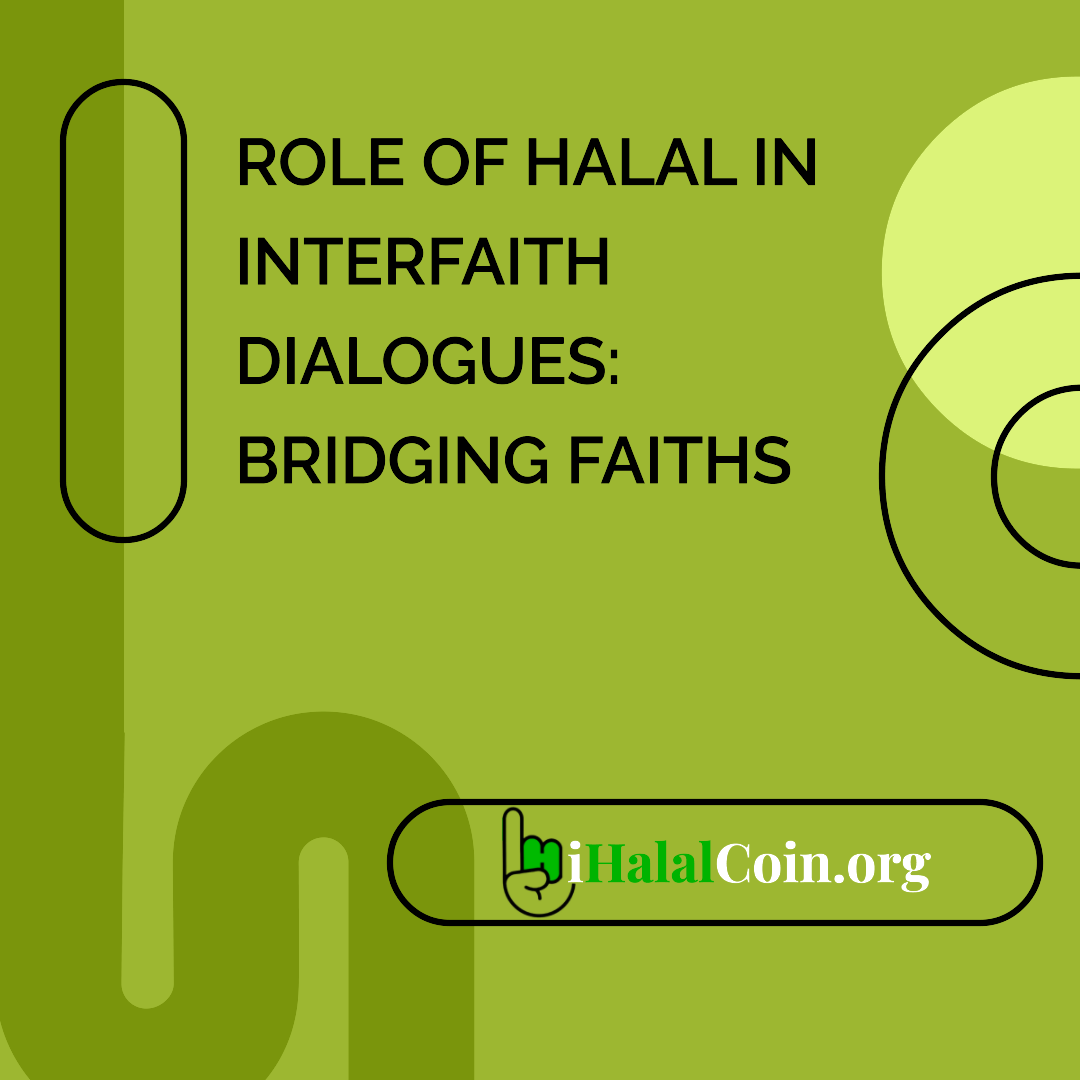In the diverse tapestry of global cultures and religions, the concept of ‘Halal,’ an Arabic term meaning ‘permissible,’ holds a significant place in the Islamic faith. While often associated with dietary laws, Halal encompasses a broader spectrum of life’s aspects, influencing ethical, social, and economic practices. Interestingly, Halal, with its universal values, has the potential to serve as a bridge in interfaith dialogues, fostering understanding and harmony among diverse faiths. This article aims to explore the role of Halal in interfaith dialogues and how it can contribute to bridging faiths.
Halal is not merely a religious obligation; it’s a way of life that promotes ethical consumption, cleanliness, and compassion towards all of God’s creations. These universal values resonate with many faiths, making Halal a potential common ground for interfaith dialogues.
Understanding Halal and Its Universal Values
Halal, at its core, is about adhering to what is permissible under Islamic law. While it governs various aspects of life, it is most commonly associated with food and dietary practices. However, the principles of Halal extend beyond food, encompassing values such as ethical consumption, animal welfare, and cleanliness.
These values, inherent in Halal, are not exclusive to Islam. They resonate with the teachings of many faiths, promoting a way of life that values compassion, cleanliness, and ethical choices. This universality of Halal values makes it a potential bridge in interfaith dialogues, fostering understanding and respect among diverse faiths.
Interfaith Dialogues: The Importance and Challenges
Interfaith dialogues play a crucial role in today’s multicultural societies. They foster understanding, respect, and harmony among diverse faiths, promoting peaceful coexistence. However, these dialogues often face challenges, such as misconceptions, stereotypes, and a lack of understanding about each other’s beliefs and practices.
One of the common challenges in interfaith dialogues is the lack of a common ground. Often, dialogues are hindered by differences in beliefs and practices. However, with Halal and its universal values, there is potential for a common ground that can foster understanding and respect among diverse faiths.
The Role of Halal in Interfaith Dialogues
Halal, with its universal values, can play a significant role in interfaith dialogues. By focusing on the common values inherent in Halal, such as ethical consumption and animal welfare, dialogues can foster mutual understanding and respect among diverse faiths.
For instance, the principle of ethical consumption, a key aspect of Halal, resonates with many faiths. By focusing on this common value, dialogues can foster a shared understanding and respect for each other’s dietary practices. Similarly, the principle of animal welfare, another key aspect of Halal, can serve as a common ground for dialogues, fostering mutual respect for each other’s beliefs regarding the treatment of animals.
Case Study – Halal as a Bridge in Interfaith Dialogues
To illustrate the role of Halal in interfaith dialogues, let’s consider a real-life example. In a multicultural city like Toronto, Canada, where diverse faiths coexist, Halal has served as a bridge in interfaith dialogues.
In one instance, a local mosque organized an interfaith iftar (breaking of fast) during Ramadan, inviting members of different faith communities. The meal served was Halal, adhering to Islamic dietary laws. The event served as an opportunity to explain the principles of Halal and its universal values, fostering understanding and respect among the diverse participants.

The Future of Interfaith Dialogues: The Potential of Halal
Looking ahead, Halal holds significant potential in shaping future interfaith dialogues. With its universal values, it can serve as a common ground, fostering understanding and respect among diverse faiths.
As societies become increasingly multicultural, the importance of interfaith dialogues cannot be overstated. Halal, with its universal values, can play a crucial role in these dialogues, fostering a shared understanding and respect for each other’s beliefs and practices.
Conclusion
Halal, while rooted in Islamic law, holds universal values that resonate with many faiths. Its potential as a bridge in interfaith dialogues is significant, fostering understanding and respect among diverse faiths. As the world becomes increasingly interconnected, the role of Halal in fostering interfaith harmony becomes increasingly crucial. It serves as a reminder that despite our diverse beliefs and practices, we share common values that can unite us.

